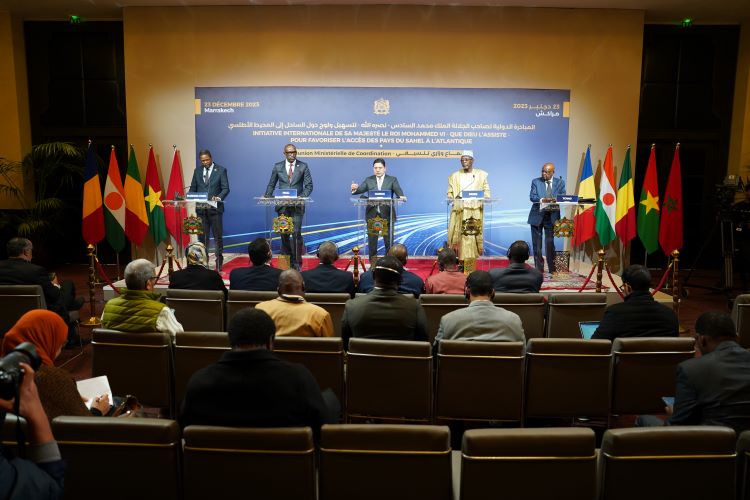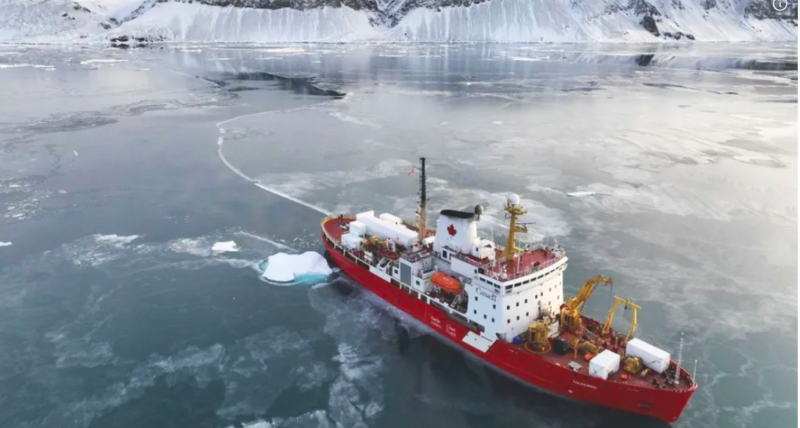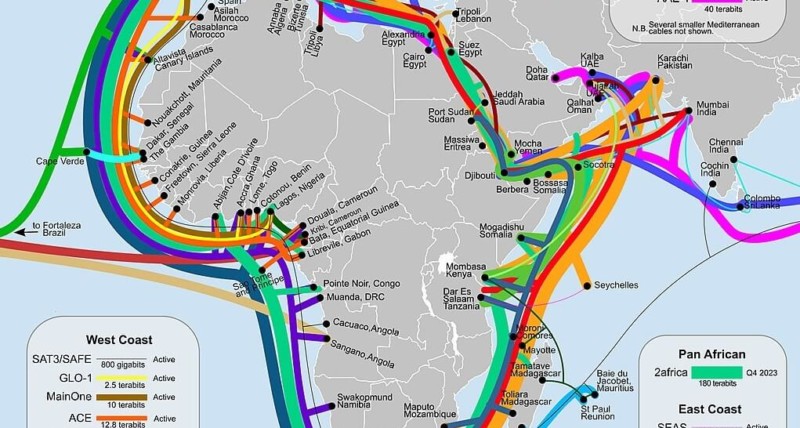Morocco’s Atlantic Initiative aims to extend the Atlantic Arc into Africa by creating a space for human connection, economic integration, and continental and international influence for the countries along the African Atlantic coast and the landlocked Sahelian states.
Championed by King Mohammed VI, this Atlantic initiative ushers in a new era of North-South dialogue and cooperation, with the goal of invigorating relations between Europe and Africa. Florence Kuntz, former Member of the European Parliament and member of the Euro-Mediterranean Parliamentary Assembly, highlights that this initiative « paves the way for the co-creation of a Europe-Africa macro-region. »
The Atlantic Europe, comprising countries such as Spain, Portugal, France, Ireland, the United Kingdom, Norway, and Iceland, is a geographical and communal space. The Atlantic Maritime Strategy allows the coastal regions of these member states to optimize European funding for the development of marine and maritime economies. Established in the late 1980s, the « Atlantic Arc » cooperative association voluntarily includes regions with access to the Atlantic Ocean.
This area, stretching from Scotland to Andalusia over 2,600 km, is home to nearly 60 million people and covers about 20% of European territory. Florence Kuntz notes that « only oceanic belonging, the strengths, and weaknesses of this geography justify the creation of this regional subset. »
Morocco’s Atlantic Initiative could extend this Atlantic Arc into Africa, creating a « high place of human communion, an economic integration hub, and a center of continental and international influence » with its African Atlantic coast neighbors and landlocked Sahelian states. Florence Kuntz adds that « common ocean, common challenges, » emphasizing the importance of jointly addressing coastal region issues such as transportation, renewable energy, climate disruption, fishing, biodiversity, and coastal tourism.
Symbolic projects include the Atlantic Port of Dakhla, scheduled for completion in 2028, which will feature trade, fishing, shipbuilding zones, and a 1,600-hectare industrial and logistics area. This port will serve as a gateway to the African continent and an attractive hub for foreign investors, particularly within the framework of the African Continental Free Trade Area.
Another major project is the Nigeria-Morocco Atlantic Gas Pipeline, which will run along the West African coast and connect to the European gas network. Florence Kuntz also highlights the significance of the 2030 FIFA World Cup, co-hosted by African and European countries, as an « extraordinary tool for Atlantic soft power. »
With a new European mandate, the Atlantic Arc stakeholders, weakened by Brexit, seek to give a new dimension to the Atlantic Maritime Strategy. They urge the Council and the European Commission to grant them macro-region status to better define the geographical scope of the Atlantic space and enhance European funding for structural projects.
In his speech on November 6, 2023, King Mohammed VI emphasized that « through its Mediterranean façade, Morocco is firmly anchored to Europe. » With its initiative for Atlantic Africa, the Kingdom aims to strengthen ties between the two continents. Florence Kuntz concludes by calling on future EU leaders to « set their course for the Atlantic. »
Source: apanews




